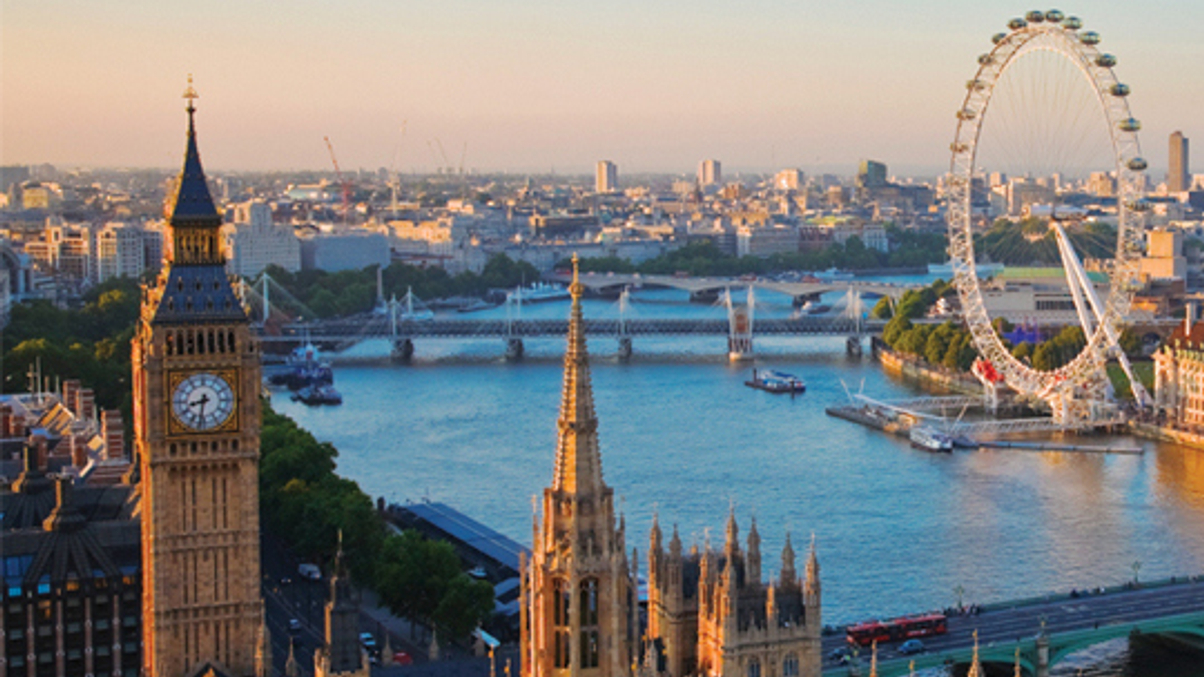Why investors are looking to post-Brexit UK property
Asian wealth investors appear largely unfazed by the noise surrounding the official departure of the UK from the European Union and are looking to buy properties in the country.

The UK’s definitive exit from the European Union on January 31, three-and-a-half years after a slim majority of voters decided to do so in a referendum, is offering family offices in Asia the confidence to seek investments in the nation’s real estate market.
Sign in to read on!
Registered users get 2 free articles in 30 days.
Subscribers have full unlimited access to AsianInvestor
Not signed up? New users get 2 free articles per month, plus a 7-day unlimited free trial.
¬ Haymarket Media Limited. All rights reserved.


